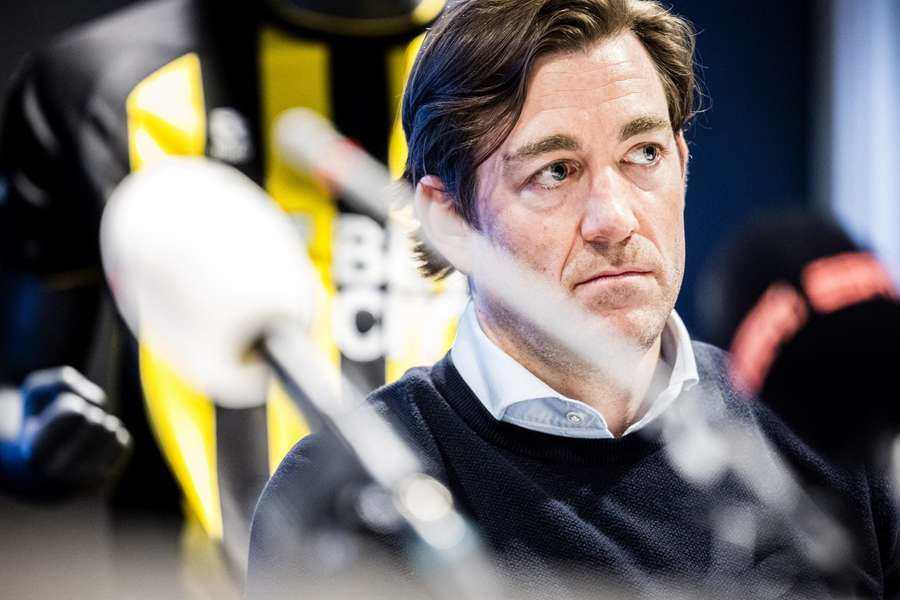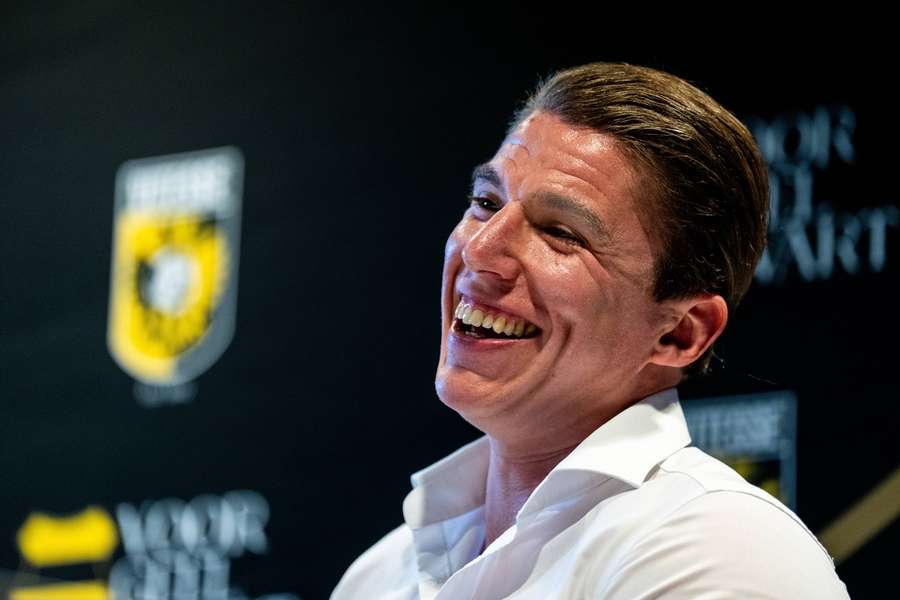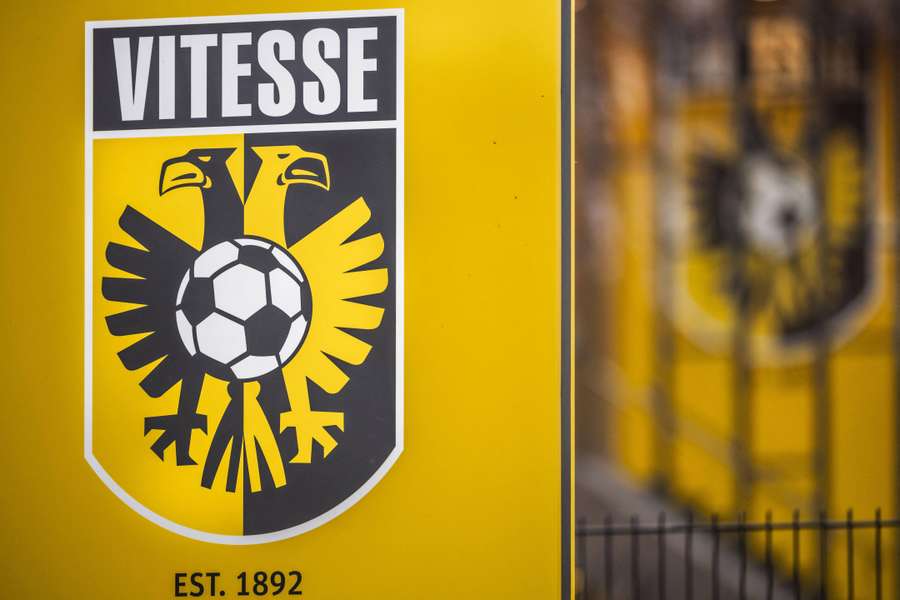The KNVB's independent licensing committee announced the news on Friday morning, hours after local newspaper De Gelderlander reported it. "KNVB's independent licensing committee has made a proposed decision to revoke the licence of football club Vitesse with effect from the 2025/2026 season. This was communicated to the club this morning," the KNVB said in a press release.
"The licensing committee has arrived at its intention to revoke the licence because Vitesse is structurally evading the licensing system. After Vitesse's firm commitments in the summer of 2024, when the club was also in danger of losing its licence, the club has continued to circumvent and evade the licence system.
"The commitments made by Vitesse to the licensing board included control in relation to potential new owners. These commitments were not fulfilled. For instance, members of the supervisory board were removed from their positions at a crucial moment and were not replaced at that time," the KNVB continued.
"Also, the independent foundation set up last year to help minimise sanction risks and money laundering risks failed to do its job properly and was dissolved midway through the season."
Vitesse released a short statement after the KNVB had communicated the news, stating the club were "unpleasantly surprised" by the decision taken by the licensing committee.
The club will be able to respond to the decision before the committee makes a final decision.
Downfall
Vitesse, formerly famous for being a partner club of Chelsea, played in the Eredivisie uninterruptedly from 1990 to 2024 and were a steady sub-top side, featuring in the UEFA Europa League or UEFA Europa Conference League six times between 2012 and 2021.
After Russian club owner Valeri Oyf was forced to sell the club due to being added to the European sanctions list against Russian oligarchs, Vitesse fell into a financial spiral. Proposed takeovers from American Coley Parry and local entrepreneur Guus Franke fell through after not being accepted by the KNVB's licensing committee.

The club weren't able to pay salaries or rent during this time, and lost their professional licence after the KNVB withheld it in June 2024. When Franke was presented as the new owner right before the deadline, Vitesse were allowed to keep their licence, but the club were deducted 12 points in September and 21 points in November after failing to provide the KNVB with financial reports.
A new ownership group, consisting of Americans Dane Murphy and Flint Reilly, Germans Timo Braasch and Leon Muller, and Italian-American Bryan Mornaghi, took over the club in January 2025, but ran into trouble with the KNVB regarding the completion of the takeover. The KNVB weren't convinced that Coley Parry had been frozen out of Vitesse's business and were afraid the American still had a say within the club.
Braasch, also the club's interim director, criticised the KNVB for the way they're handling the situation and mistreating Vitesse. "They don't come up with solutions but show above-average interest in this club. What they do with us does not happen at any other professional football club in the Netherlands," he told De Gelderlander.

"Only one scenario was possible in the Vitesse takeover process, with a stake below 25 per cent. Otherwise, you end up in the hands of the KNVB with an approval process. I know: that seems suspicious. But we have seen how it went with Parry. We did not want such a process.
"It feels like we have a lot more to prove. I miss the rational thinking in the committee. The licensing committee is also made up of volunteers. The committee needs to look forward, not backwards."
